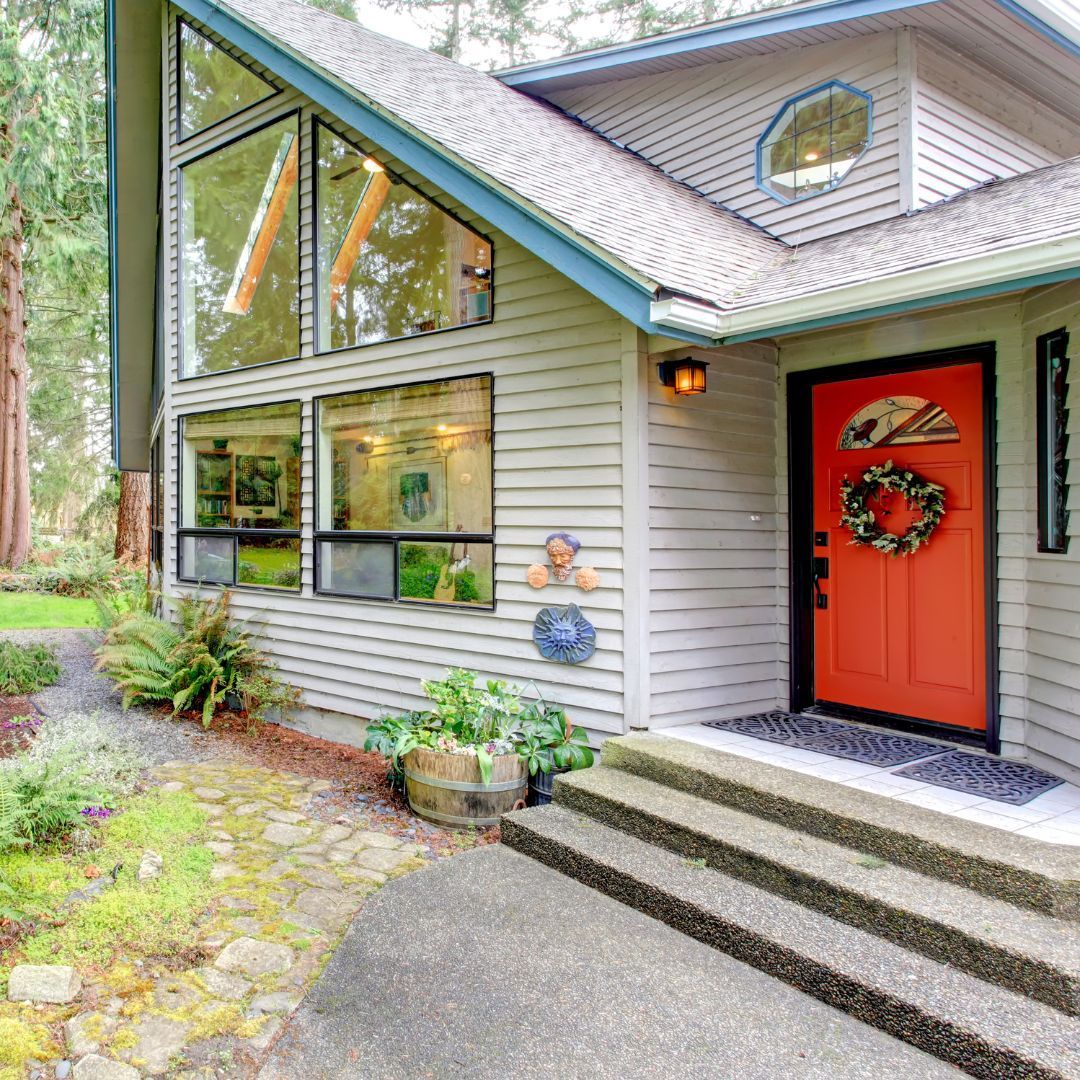Your Guide to Negotiating an Offer
What you need to know to get the best deal for you.
When it comes to evaluating offers, what’s good for the goose may not necessarily be good for the gander. One seller may be overjoyed with their offer, while another may be disappointed.
That means, in order to figure out whether an offer you receive is “good” —and whether you should negotiate — you’ll need to do two things:
- Think back to your original goals, and ask yourself whether this offer helps you meet them.
- Get advice from your agent, who can help get the best deal for your specific situation, wants, and needs.
So what do you, the seller, need to know before negotiate with a home buyer? We’ve got answers to some commonly asked questions.
What’s a Counteroffer?
When you receive an offer, you can accept it as-is, reject it outright, or make a counteroffer — a move that opens negotiations with the buyer.
Got Low-Balled?
Rather than get indignant, evaluate the offer holistically. Maybe the closing date trumps the money. If the offer’s really out of touch, your agent can ask the buyers for their reason, which may provide intel about your home.
Unless you’re being offered an amount equal to or above the full listing price, many buyers expect you to make a counteroffer — which is why a lot of people make an initial offer that’s lower than the asking price. And why a lot of buyers make an initial offer that’s lower than what they’re ultimately willing to pay.
What Should a Seller Prioritize?
Before you start negotiating, you’ll want to know what you’re hoping get from the buyer. Obviously, money is important. But it’s not everything. There are other factors to consider when crafting a counteroffer, particularly timing.
So, sit down with your agent and have an open discussion about your goals. Do you want more money? A faster closing period? Fewer contingencies? When you review these types of questions with your agent before you respond to an offer, and have a crystal-clear sense of your priorities, the negotiation process will go a lot more smoothly.
Who Has More Leverage?
Ready to play hardball? Hold up, slugger. First, you have to consider your position on the field. How much negotiating power do you really have? The answer depends on several factors.
A lot depends on your local market conditions. If you’re in a buyer’s market — meaning the supply of homes exceeds demand from buyers — you may have to make some concessions to secure an offer. If you’re in a sellers’ market — and homes are flying off the proverbial shelves, selling at or above list prices — you may be able to persuade a buyer to offer more money for the house, for instance, or to let go of some contingencies (aka provisions that must be met for the transaction to go through).
Your timetable will also impact whether you have the upper hand. If you’re not in a rush to sell, you may be free to negotiate more aggressively. If you’re in a time crunch because, say, you already bought your next home and don’t want to pay two mortgages at one time, your hands may be tied.
In any case: Confer with your agent. They can help you objectively assess your position and determine the right negotiating strategy.
How Long Can This Go On?
Don’t worry. It may only feel like forever.
When you make a counteroffer, the buyer can either accept the new offer, reject it, or make a new counteroffer. (Sound familiar?)
This volley can go back and forth, and potentially end in a stalemate — unless you or the buyer put an expiration date on your counteroffer. This can be a smart strategy for you as a seller because it puts pressure on the buyer to make a decision. It also gives you the ability to move on to the next bidder if the buyer tries to stall (chances are, they’ll do this so they can look at more homes without giving yours up).
It’s not unusual for the first offer to be best one — depending on market conditions, of course. And often, sellers see the most interest from buyers in the first month of the home being on the market.
If you get a good offer right off the bat, start negotiating. You may get a better offer. On the other hand, you may not.
Which Negotiation Tactics Are Most Useful?
The actual negotiation is the job of your agent, who will be experienced in real estate deal-making. That being said, you should still strategize with your agent before they make that counteroffer for you. Here are five ways you can nab a better deal:
- Avoid making an emotional decision. It’s easy to get caught up by the emotional bond you’ve formed with your home. The backyard just might be where you got married. And that cozy office could be where your small business was born. But the important thing to remember is this: You have to detach yourself from your home. This is business — nothing more.
- Know your bottom-line. Before moving forward, figure out what you need to get from the deal, at a minimum. That will give your agent a baseline when opening negotiations.
- Negotiate a “clean” offer. You want an offer with as few contingencies as possible, since contingencies give the buyer the opportunity to back out of the deal. But some contingencies — such as an appraisal, an inspection, or a financing contingency — can’t be waived by home buyers who are obtaining mortgages because they’re typically required by a mortgage lender in order to approve the loan. Still, if you have multiple offers to choose from, you may be able to persuade a buyer to waive certain contingencies, such as a radon contingency or termite inspection contingency.
- Offer a home warranty. In a buyers’ market, a low-cost way to make a deal more appealing to a buyer is to offer a home warranty — a plan that covers the cost of repairing home appliances and systems, like the air-conditioner or hot water heater, if they break down within a certain period of time (typically a year after closing). Home buyers love this extra security blanket, and the standard one-year basic home warranty will only set you back about $300 to $500.
- Don’t overlook the closing date. Typically, the sale process — from accepting an offer to closing — takes about 30 to 45 days (sometimes a little longer). But in most cases, the faster you can close the better. Especially if you need cash to buy your next home. A quicker closing period has to be feasible for the buyer, however, and some types of home loans take longer to obtain than others.
Should I Start a Bidding War?
If you have more than one offer on the table, you might be tempted to pit buyers against each other and watch them duke it out for your home. (Anyone who’s seen The Bachelor knows that kind of drama can be fun, after all.) But think twice before you do: This strategy can backfire. Buyers may walk away in frustration.
Rather than starting a bidding war, ask all buyers to come back with their “best and final” offer by a certain deadline (say, within the next 24 hours), and then choose the one that’s right for you.
Remember: It’s Good to Give and Receive
At the end of the day, receiving an offer is a good thing! It means you’re getting closer to a sale. But remember, you may have to give a little in the negotiations, too. Keep your head on your shoulders — don’t make an emotional decision — and you’ll be all the more likely to get what you want.

HOUSELOGIC
HouseLogic helps consumers make smart, confident decisions about all aspects of home ownership. Made possible by REALTORS®, the site helps owners get the most value and enjoyment from their existing home and helps buyers and sellers make the best deal possible.

















